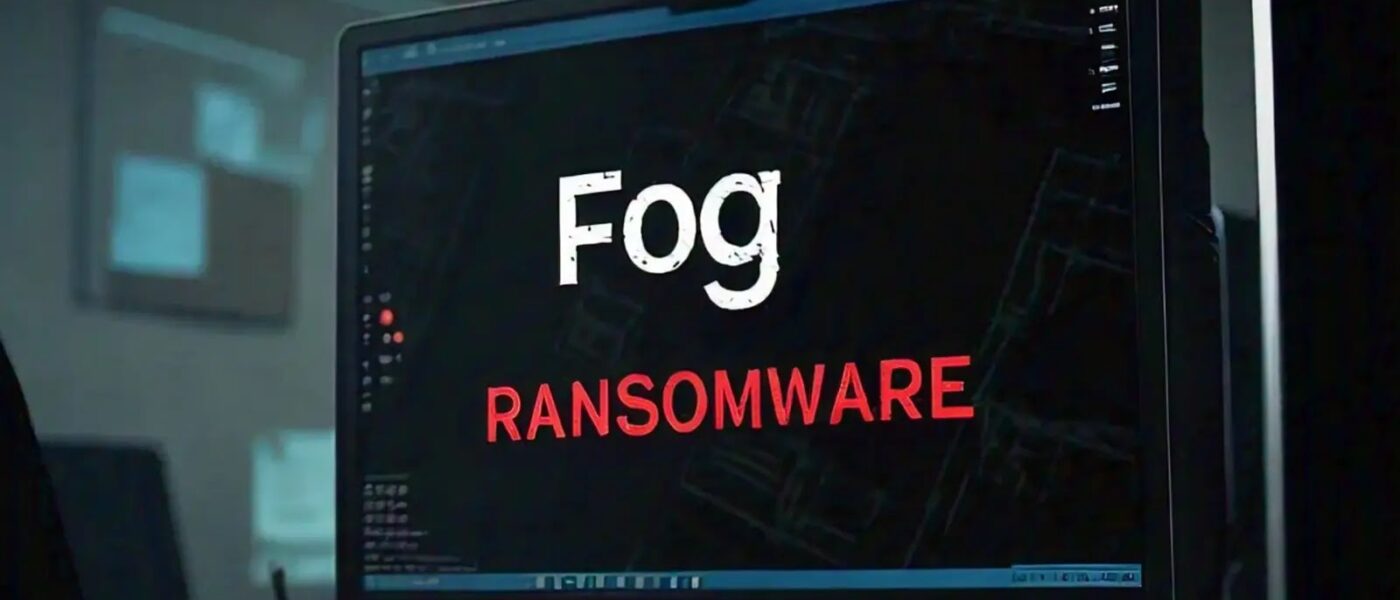Hackers Exploit SonicWall VPNs to Deploy Fog & Akira Ransomware
[ad_1]
Hackers goal VPNs primarily to take advantage of vulnerabilities that enable them to realize unauthorized entry to enterprise networks.
By infiltrating these techniques, hackers intention to determine enterprise property and set up a foothold for additional exploitation.
Arctic Wolf researchers lately found that hackers have been actively attacking SonicWall VPNs and breach company networks by utilizing “Fog” ransomware.
Fog Ransomware Exploiting SSL VPN Vulnerabilities
Between “August” and “October 2024,” researchers found a significant surge in cyber-attacks utilizing “SonicWall SSL VPN” vulnerabilities.
Defending Your Networks & Endpoints With UnderDefense MDR – Request Free Demo
The exploitation of those vulnerabilities led to ransomware deployments by two main menace teams:-
Among the many “30” documented intrusions, “Akira ransomware” was answerable for 75% of assaults, whereas “Fog ransomware” executed the remaining 25%.
All these assaults overlapped with discovering a crucial safety vulnerability in SonicWall’s firmware, and the flaw has been tracked as ‘CVE-2024-40766.’
Nonetheless, the direct exploitation proof remained not conclusive. The menace actors confirmed excellent effectivity with encryption processes initiated as rapidly as “1.5 hours” after gaining preliminary entry, whereas in some circumstances, prolonged as much as 10 hours.
In contrast to focused campaigns, all these assaults appeared opportunistic and affected organizations throughout numerous “industries” and “sizes.”
The menace actors primarily exploited “outdated firmware” variations, which highlights the crucial significance of “common safety updates” and “exterior safety monitoring.”
The assault sample marked a notable shift from earlier months when ransomware incidents had been distributed throughout a number of firewall manufacturers. This situation suggests a strategic deal with “SonicWall vulnerabilities” by these menace teams, reads the Arctic Wolf report.
In these refined cyber assaults, menace actors have gained unauthorized entry primarily through compromised “VPN accounts” working on default “port 4433.”
The assaults originated from “VPS” hosting providers (AS64236 – UnReal Servers, LLC and AS32613 – Leaseweb Canada Inc.).”
Right here, the menace actors discovered exploiting native system authentication relatively than centralized “Microsoft Lively Listing” integration, and notably, not one of the compromised accounts had MFA enabled.
The intrusions had been marked by speedy encryption specializing in digital machine storage and backups alongside strategic “information exfiltration” patterns the place normal information had been restricted to 6 months of information.
In the meantime, delicate data from human assets and accounts payable departments noticed as much as “30 months of information being stolen.”
Actions of the menace actors had been logged through message occasion IDs “238” (WAN zone distant consumer login allowed) and “1080” (SSL VPN zone distant consumer login allowed), adopted by occasion ID “1079” indicating profitable logins.
Upon gaining entry the menace actors delete these firewall logs. All the assault sequence occurred inside a number of hours leaving organizations with “minimal response time.”
Suggestions
Right here beneath we now have talked about all of the suggestions:-
- Common firmware updates
- VPN login monitoring
- Safe off-site backups
- Strong endpoint exercise surveillance
Run non-public, Actual-time Malware Evaluation in each Home windows & Linux VMs. Get a 14-day free trial with ANY.RUN!
[ad_2]
Source link



